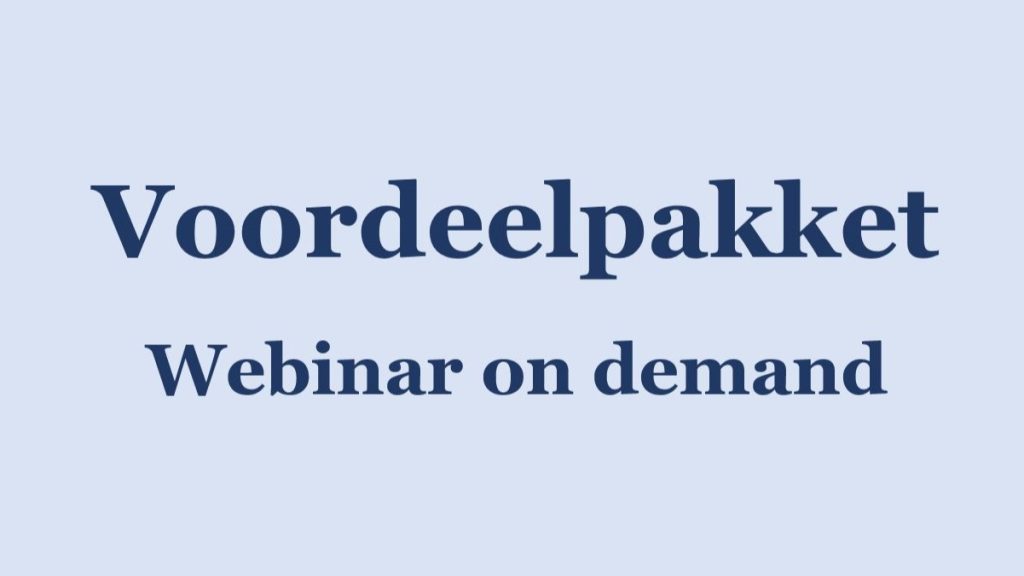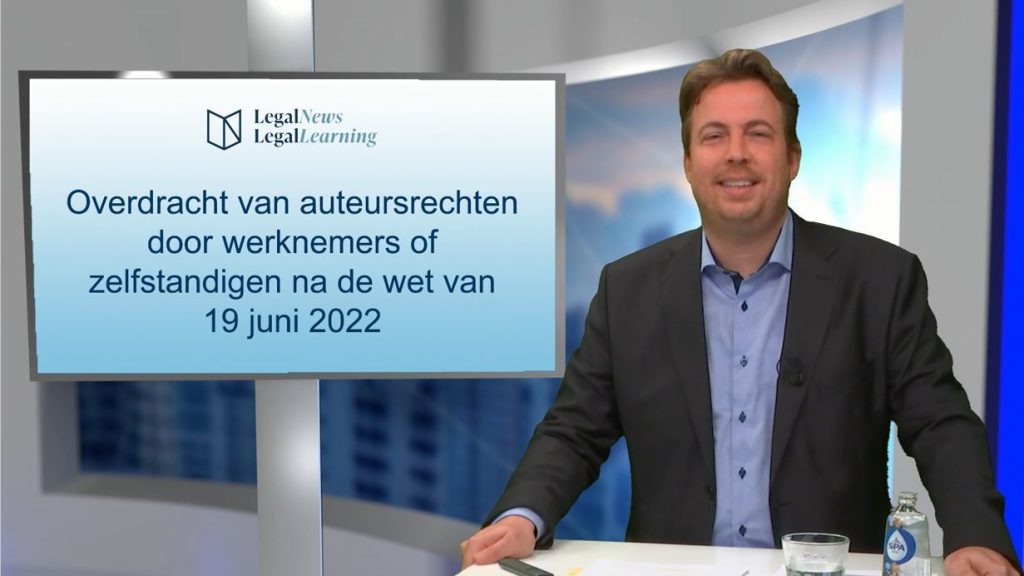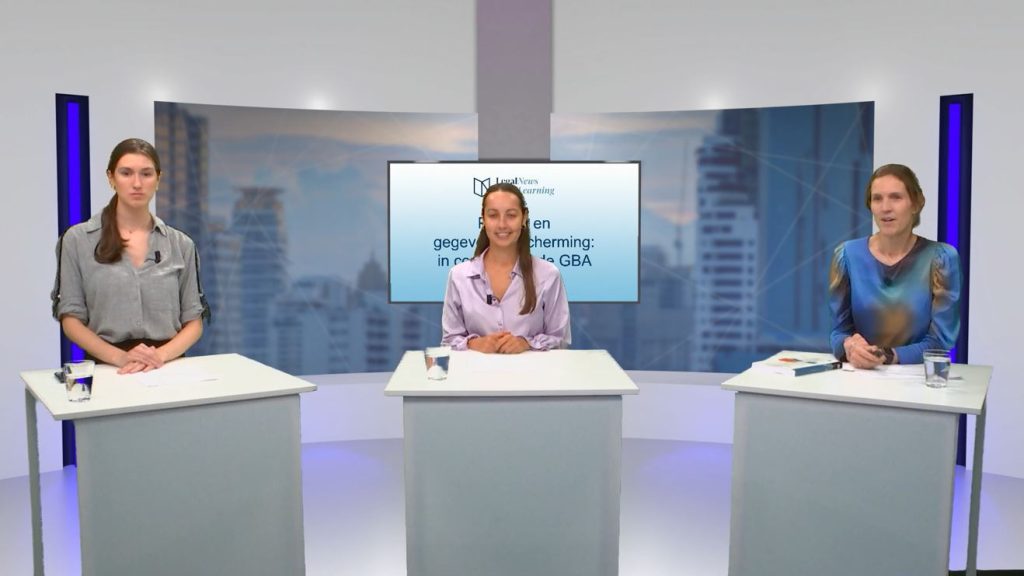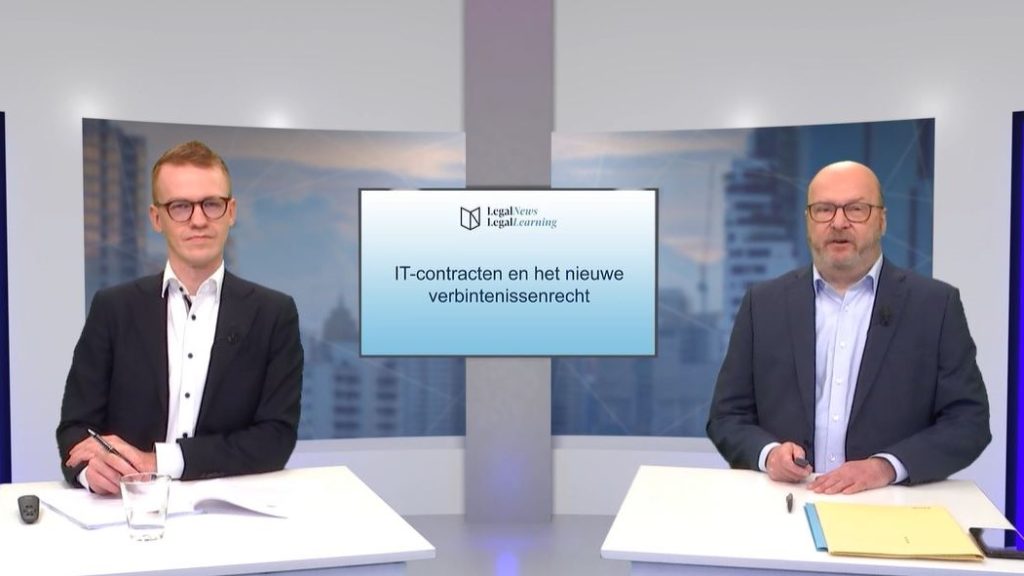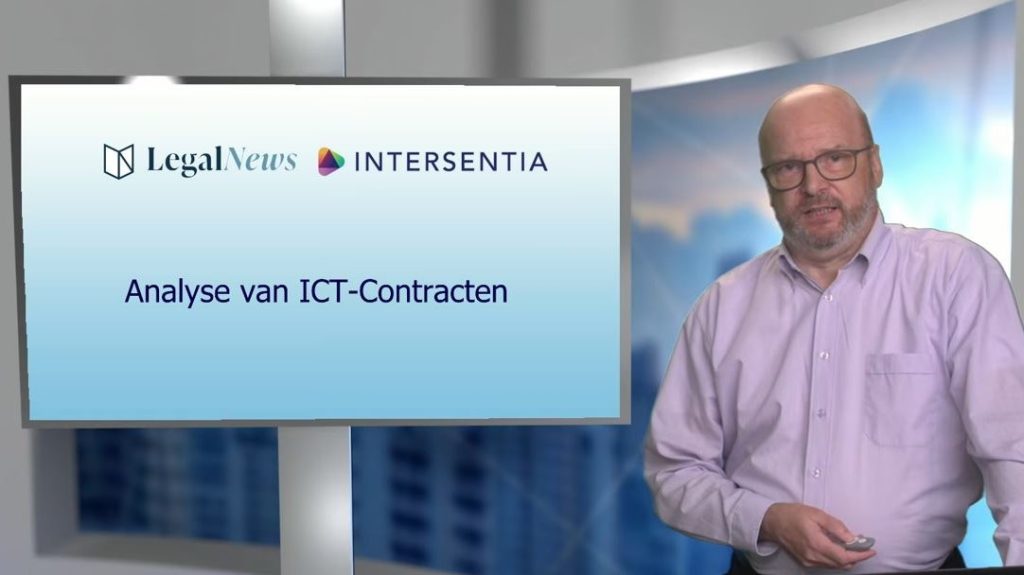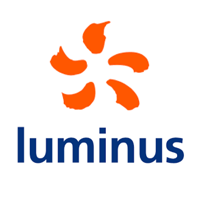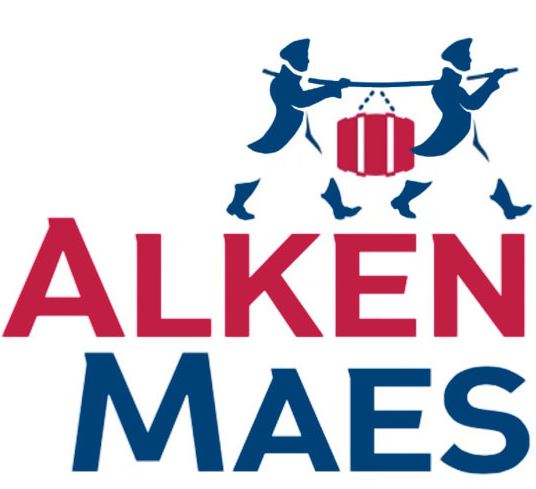Aandachtspunten bij het opstellen
en analyseren van ICT-contracten
Mr. Lynn Pype en mr. Liesa Boghaert (Timelex)
Webinar op donderdag 16 mei 2024
Intellectuele eigendomsrechten in de onderneming:
wie is eigenaar van door werknemers en dienstverleners ontwikkelde creaties?
Dr. Nele Somers (ARTES) en mr. Veerle Scheys (Mploy)
Webinar op dinsdag 23 april 2024
Handelspraktijken en consumentenbescherming:
recente topics onder de loep
Dr. Stijn Claeys en mr. Arne Baert (Racine)
Webinar op vrijdag 30 augustus 2024
Intellectual Property related measures following the COVID-19 crisis (DLA Piper)
Authors: Alexis Fierens and Elisabeth Daem (DLA Piper)
Publication date: 26/05/2020
Like many other organisations, the intellectual property (IP) offices have adopted measures to ensure continuity of their services and to preserve IP holders’ rights.
As these measures are not all notified to each individual rights holder that uses the IP offices’ services, here is a (non-exhaustive) overview of the measures adopted by the most important (as for Belgian rights holders) IP offices.
World Intellectual Property Organization (WIPO)
WIPO is committed to ensuring that any transitional issues experienced by users, intellectual property (IP) offices and any other stakeholders in its processes are kept to a minimum despite these circumstances.
According to the WIPO rules, time limits which expire on a day on which an IP office is not open to the public, will expire on the first day after that IP office reopens. All time limits under the Madrid system which relate to that IP office are also extended accordingly.
If users fail to meet a time limit for a communication addressed to WIPO, they may be excused if they send that communication within five days after regaining access to mail or delivery services or to electronic communication. Users must provide sufficient evidence of the reason why WIPO should excuse such failure. Evidence could be, for example, an official announcement or an attestation by a certified physician.
In any event, WIPO must receive the communication no later than six months from the date on which the time limit concerned has expired.
Holders or applicants who have failed to meet the time limits for an international application may request that WIPO continues to process such application, without giving a reason or providing evidence. This request must be done by presenting the official form MM20 to WIPO within two months from the date on which the above-mentioned time limits expired and meet all the prescribed requirements.
European Union Intellectual Property Office (EUIPO)
On 16 March 2020, the Executive Director of the EUIPO adopted Decision No EX-20-3 which extends all time limits expiring between 9 March 2020 and 30 April 2020 inclusive, that affect all parties in proceedings before the Office, until 1 May 2020. In practice, this means that time limits are extended until Monday 4 May 2020 (given that Friday 1 May is a public holiday). This effect is automatic: users are not required to file a request to the Office to this end.
The subsequent Decision No EX-20-04 of the EUIPO’s Executive Director was adopted on 29 April 2020. This decision extended the time limits expiring between 1 May and 17 May 2020 inclusive until 18 May 2020. In principle, as of 18 May 2020, those extensions come to an end.
For those users that may still face difficulties due to the COVID-19 outbreak, the EUIPO provided a guidance note containing guidance on the following available remedies:
- Extension of time limits in ex parte and inter partes proceedings in conformity with article 68 EUTMDR and article 57 CDIR
For this remedy, the EUIPO explicitly confirms that any difficulties arising from operational measures taken by public authorities against the pandemic caused by the COVID-19 outbreak or instances of sickness of the party or its representative for the same reason do contain “exceptional circumstances” that will be considered appropriate by the Office for granting second and subsequent extensions of the same time limit.
- Suspension of the proceedings in conformity with article 71 EUTMDR
If suspension is requested at the reasoned request of one of the parties or by joint request, the EUIPO also confirms that operational difficulties arising from measures taken by public authorities against the COVID-19 pandemic or instances of sickness of the party or its representative may constitute appropriate circumstances for requesting a suspension. In addition, the guidance note also confirms that financial difficulties preventing the party from obtaining or securing continued professional representation before the Office (within the meaning of Articles 119 and 120 EUTMR, and Articles 77 and 78 CDR) that are caused by the COVID-19 pandemic situation may also constitute a proper reason for granting a suspension.
- Continuation of the proceedings in the event of an omission to observe a time limit in conformity with article 105 EUTMR
- Restitutio in Integrum in conformity with article 104 EUTMR and article 67 CDIR
This remedy, also called the remedy of reinstatement of rights, allows a party to proceedings before the Office to be reinstated its rights, when (i) it has missed a time limit to perform a procedural act, (ii) the non-observance (of the time limit) by the party has the direct consequence of causing the loss of a right or means of redress and (iii) the time limit was missed despite it taking all due care required by the circumstances.
The latter condition implies that the party took all due care to perform the omitted act, but circumstances that could not have been predicted from experience and which were therefore unforeseeable and involuntary have incurred. In this regard, the EUIPO confirms that:
- failures to comply with time limits caused by operational difficulties arising from measures taken by public authorities against the COVID-19 pandemic or due to instances of sickness of the party or its representative may constitute exceptional circumstances in the above sense; and
- financial difficulties preventing the party from obtaining or securing continued professional representation before the Office or from paying fees payable to the Office when they were originally due, that are caused by the pandemic situation (i.e. are due to objective circumstances that are beyond the sphere of influence of the party) and have resulted in the loss of right or means of redress, may also constitute exceptional circumstances (unless otherwise provided for in the Regulations).
European Patent Office (EPO)
In a notice from the EPO dated 1 May 2020 concerning the disruptions due to the COVID-19 outbreak, the EPO confirms that all EPO time limits expiring on or after 15 March 2020 are extended until 2 June 2020 (previously until 4 May 2020). As regards time limits expiring before 15 March 2020, the EPO has facilitated the use of legal remedies for users located in areas directly affected by disruptions due to the COVID-19 outbreak. The extensions and remedies apply to parties and representatives in proceedings under the EPC and the PCT. If the disruption continues after 2 June 2020, the EPO may publish another notice informing users about further extensions and remedies in respect of time limits.
The extension of time limits also applies to periods for paying fees, including renewal fees.
The EPO also decided to postpone all oral proceedings in opposition proceedings scheduled until 2 June 2020 (previously until 30 April 2020) until further notice unless they have already been confirmed to take place by means of videoconferencing. Without prejudice to the evolving situation, the EPO thus intends to maintain oral proceedings in oppositions which have been scheduled to take place on the EPO’s premises after 2 June 2020. Oral proceedings for the examination division will continue to be held by video conference. Oral proceedings before the Boards of Appeal were not to be held in the Boards of Appeal’s premises until 15 May 2020. However, the Boards of Appeal confirmed that it would resume oral proceedings, to a limited extent, at their premises as from Monday 18 May 2020. For the latter, parties will be requested to confirm that they expect to be able to attend in person.
Separate notifications about this postponement will be sent to all parties involved, but they are also invited to check the respective files online via the European Patent Register.
Benelux Office for Intellectual Property (BOIP)
The BOIP Director General issued a Communication on 20 March 2020 (replacing a previous communication of 16 March 2020) in which, as from 16 March 2020 and until such time as it is reasonably possible for IP professionals and entrepreneurs in the Benelux countries to work normally again, the BOIP would not withdraw any requests or procedures because a given deadline has not been met. This also applied to opposition proceedings that are not submitted on time or payments that are not received on time.
The BOIP would determine the date when it would be reasonable for IP professionals and other companies in the Benelux countries to be able to work normally again (the BAU date) and would communicate the same via a new communication from the Director General. An additional period of one month would be granted for all requests and procedures of which current deadlines have expired between 16 March 2020 and the BAU date, or of which deadlines are less than one month on the BAU date. This month will be counted from the BAU date.
A new Director General (DG) Rule was published on 11 May 2020, proposing an end date of the extension. Without prejudice to the further notice, this end date has been set for 25 May 2020. In practical terms, this means that:
- all deadlines (including for payments) that expire or will expire between 16 March and 24 June inclusive will expire on 25 June 2020;
- all deadlines currently running that expire on or after 25 June 2020 remain unchanged;
- all deadlines set from 25 May onwards will be for the usual period, even if the latter expires before 25 June, and no extension will apply;
- as regards oppositions, in cases where the deadline for filing an opposition against a trademark application expired or expires between 16 March and 24 June inclusive, opposition may be filed until 25 June inclusive. As a result, it is possible that the trademark has or will be registered in the Trademarks Register, but that opposition may yet be filed against it. The applications in question were published between 14 January and 24 April inclusive; and
- as usual, reactions to opposition or decommitment proceedings submitted before the end of the time limit, will result in the expiration of the given time limit. This is only different if that party explicitly indicates that it reserves its rights to use the remaining time limit.
The Belgian Office for Intellectual Property (OPRI)
The OPRI, in its – most recent – communication of 7 April 2020, stated that the current situation may affect the ability of applicants or holders to meet certain deadlines. Where legislation allows it, the Office is prepared to consider any requests for extension of time limits, and particularly concerning patents, supplementary protection certificates and plant variety rights.
The Office requests, where possible, to use electronic communication. The use of electronic communication channels enables the Office to continue its activities to the best and fullest extent possible.
Stakeholders should be very attentive as to the communications provided by the OPRI since its updated communication is not communicated to each individual user and since the crisis, it has been noted that their approach in response to the crisis is changing constantly.
These measures provide a welcome relief to IP holders and their agents whose activities have been affected by the COVID-19 outbreak. However, these measures vary from office to office. IP holders and their agents should remain alert and always consult with the relevant official body, particularly since these measures (and extended deadlines) are being updated on a regular basis and/or revised frequently depending on how the situation evolves and how the authorities respond to this crisis.
» Bekijk alle artikels: IT & IP





